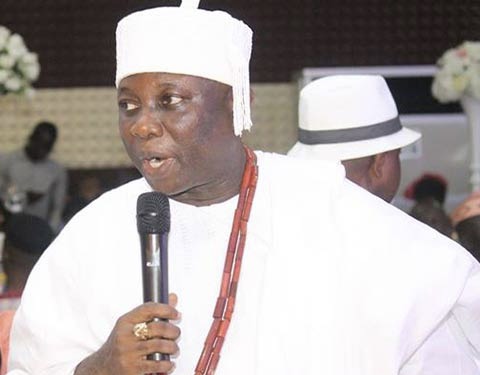The air in Asaba, the Delta State capital, vibrated with cultural energy as thousands of young men and children, their faces alight with pride and tradition, gathered to celebrate Igba Mkpisi, a significant rite of passage in the Asaba Kingdom. This vibrant ceremony, a precursor to the esteemed Alor title, marked a pivotal moment in the lives of these young Asaba sons, signifying their deepening connection to their ancestral heritage. The event resonated with even greater importance as it unfolded under the watchful eye of HRM Prof Epiphany Azinge (SAN), the 14th Asagba of Asaba, who had recently ascended the throne. The Asagba’s presence not only underscored the ceremony’s significance but also symbolized his commitment to preserving the rich cultural tapestry of his kingdom.
Igba Mkpisi, a tradition deeply embedded in the Asaba cultural landscape, serves as a crucial step for any Asaba son aspiring to the prestigious Alor title. This time-honored custom, however, carries a specific prerequisite: the aspirant must have lost his father. The ceremony, traditionally observed once every 40 years, received a significant revision under the Asagba-in-Council, reducing the interval to 10 years. This adjustment aimed to facilitate greater participation from younger generations, ensuring the continued vibrancy of Asaba’s cultural legacy. The Asagba expressed profound satisfaction with the turnout, viewing the community’s unified celebration as a testament to the prevailing harmony and a vote of confidence in his leadership.
The historical backdrop of Igba Mkpisi further illuminates its profound meaning. During the harrowing era of the slave trade, the ceremony served as a crucial marker of identity for those who had undergone the traditional rites. This distinction proved vital in protecting them from being captured and sold into slavery. Even after the abolition of the slave trade, Igba Mkpisi continued to hold its symbolic weight, representing a tangible link to Asaba’s ancestral past and a powerful affirmation of cultural identity. The 2024 celebration, the first joint celebration in Asaba’s history, marked a significant departure from the past, underscoring the community’s collective desire to honor their heritage.
The festivities, brimming with color and tradition, unfolded across the five villages of Asaba: Umuezei, Umuaji, Ugbomanta, Umuonaje, and Umuagu. Over eight thousand celebrants registered for the momentous occasion, a number that spoke volumes about the ceremony’s enduring importance within the community. The last time Asaba witnessed such a vibrant display of cultural unity was in 1996, making the 2024 celebration a truly historic event. The highlight of the ceremony was the heartfelt homage paid to the Asagba at the Ogwa-Ukwu Ahaba, the traditional meeting place.
The Asagba, deeply moved by the outpouring of cultural pride, pledged to uphold Asaba’s cultural heritage. He recognized the weight of responsibility placed upon him and expressed his commitment to serving his people, striving to bring development, growth, and welfare to the community. The Asagba acknowledged the support of his high traditional chiefs, the Olinzeles, the members of the House of Representatives, and other political dignitaries present, highlighting their collective role in preserving and promoting Asaba’s unique cultural identity.
The Asagba’s commitment to cultural preservation extended beyond mere words. He saw the successful celebration of Igba Mkpisi, occurring just eight months into his reign, as a crucial first step in grounding every Asaba son in the traditions of their community. He viewed the ceremony as a vital foundation, preparing young men for future leadership roles and ensuring the continuity of Asaba’s cultural heritage. This proactive approach to cultural preservation signifies the Asagba’s dedication to strengthening the bonds of community and ensuring the vibrant legacy of Asaba endures for generations to come. The celebration served as a powerful reminder of the vital role tradition plays in shaping identity and fostering unity, echoing the Asagba’s commitment to uplifting his community and honoring its rich past.


